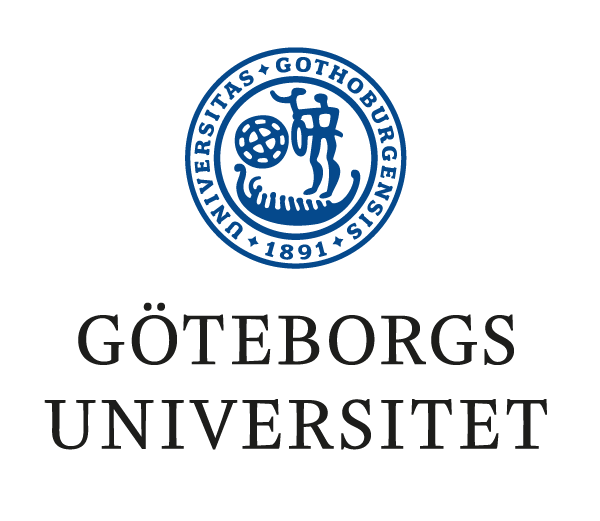SFL Vice-director Associate Professor Lin Lerpold together with Professor Örjan Sjöberg examines and discusses in their research if cities have an ’urban advantage’ in regards to reducing negative environmental impact and achieving sustainability targets, and explain the fallacy of ’Ontological Cityism’, and its consequences on such assessments.
Their abstract states as follows,
”Urban areas are often, and not without reason, portrayed as an opportunity to reduce environmental impacts: more effective use of land, better opportunities for the provision of public transport and less need on a per capita basis for investment in physical infrastructure. This is also the message of the literature on urban scaling. The very nature of the agglomeration economies that allow for economising on natural resources may, however, result in higher levels of per capita consumption. A major reason is that high density often translates into higher costs of space, in turn encouraging the concentration of high(er) productivity activities in major cities. As a result, spatial sorting occurs (e.g. with respect to educational attainment and incomes) and with it potentially also a differentiation of consumption patterns. In consequence, not just size and density, but also position in the urban hierarchy may need to be taken into account in assessing sustainability outcomes. To grasp the issue of urban sustainability, however, intra-urban differentiation too, will have to be considered in tandem with the inter-urban issues of boundary drawing for measurement—what we call “ontological cityism”. This is especially so if the focus shifts from the environmental to the social dimensions of sustainability, and if the trade-offs across the three pillars of sustainability are to be understood.”
To access the journal article access the link here.
The accompanying research which focuses on the intra-urban dimension and trade-offs between the 3 Es (ecology, economy and equality), can be found here.






